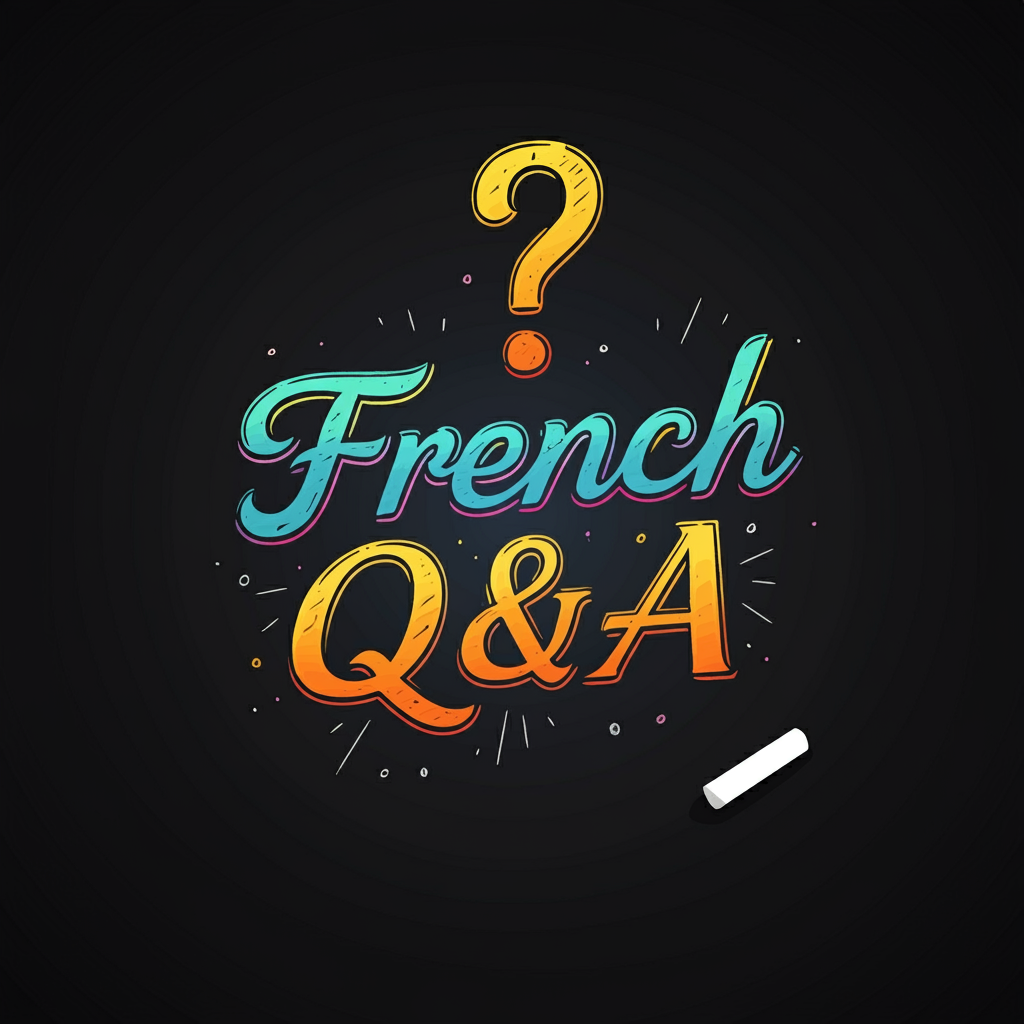In the French language, the word ‘da’ can have different meanings depending on the context in which it is used. While it may seem like a simple or casual word, it can serve different functions in both informal and formal speech. In this article, we will explore the various meanings and uses of ‘da’ in French, including its origins and how it appears in different expressions.
What Does ‘Da’ Mean in French?
The word ‘da’ in French is often used in spoken language and is a colloquial expression. It is most commonly heard in informal conversations and is sometimes used to express affirmation or agreement. In this sense, ‘da’ can be similar to saying ‘yes’ or ‘yeah’ in English, but its usage is generally more relaxed and casual.
For example, when agreeing with someone or confirming something, a French speaker might say ‘da’ instead of the more standard ‘oui.’ It can also be a form of acknowledgment, similar to saying ‘uh-huh’ or ‘right’ in English.
Examples of ‘Da’ in Context
Here are a few examples where ‘da’ might be used in everyday conversation:
- ‘Tu viens ce soir, da ?’ – ‘You’re coming tonight, right?’
- ‘Tu as bien compris, da ?’ – ‘You understood well, right?’
In these examples, ‘da’ is used at the end of a sentence to seek affirmation or to make sure the listener agrees or understands.
Is ‘Da’ Used in Formal French?
No, ‘da’ is not typically used in formal French. It is considered a colloquial or informal expression and would not be appropriate in more formal situations, such as professional or academic settings. Instead, you would use the standard ‘oui’ (yes) for affirmations or responses in formal contexts.
While ‘da’ is common in casual conversations, it’s important to understand when it is suitable to use. In more polite or official exchanges, always opt for the more proper ‘oui’ or other formal expressions.
Origin and Cultural Influence of ‘Da’
The use of ‘da’ in French can be traced back to various regional dialects and historical influences. In some regions of France, such as in the south or among certain social groups, informal language features words like ‘da’ to express agreement in a more relaxed manner.
Over time, these informal expressions have been adopted in everyday speech across France, especially among younger generations. Despite being casual, ‘da’ has become an essential part of conversational French, reflecting the playful and approachable nature of modern French communication.
Conclusion: When and How to Use ‘Da’ in French
‘Da’ is a colloquial term in French that serves as a casual affirmation or acknowledgment, similar to ‘yes’ or ‘uh-huh’ in English. It is commonly used in informal conversations, but it is not appropriate in formal contexts. As with any colloquial term, it’s important to know when and where to use it to avoid misunderstandings, especially when interacting in more professional settings.
Incorporating ‘da’ into your everyday French vocabulary can help you sound more natural and connected to French culture, but always remember to choose more formal expressions when the situation calls for it.


コメント